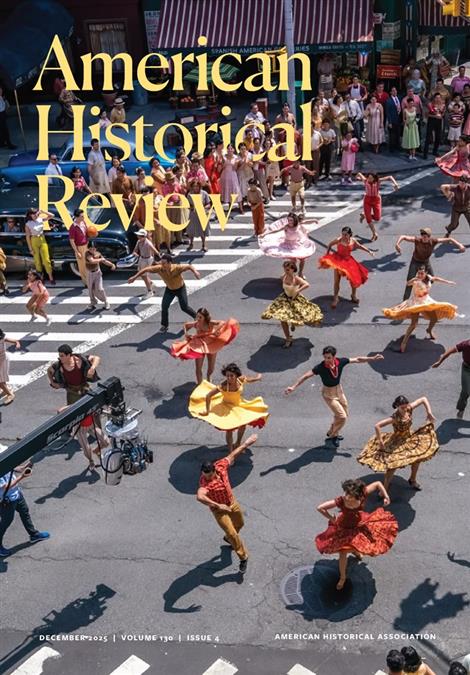


Revisiting the “Comfort Girls” of Report 49: Race, Sex, and Information in Asia’s War for Empire
Amy Stanley’s article reexamines the history of “comfort women” in Asia’s imperial war, exploring colonial power structures, racialized narratives, and the spread of information about sex and violence during World War II.
What Makes Transportation History: The Rickshaw Past and the Contested Meaning of a Modern Concept
Kate McDonald’s piece questions what defines transportation history by tracing the rickshaw’s past as a modern technology, illustrating how technical categories and concepts shape historical meaning.
Naturalized Citizens in Nineteenth-Century China
The essay examines cases of foreigners and people of non-Chinese origin who became legally “naturalized” in nineteenth-century China. By tracing the legal and bureaucratic processes, it highlights how migration, empire, and shifting notions of citizenship intersected during a period of growing foreign influence and political transformation.
Unpaid Debts: Socialist Internationalism and Jamaica’s Bid for a New International Economic Order
This piece analyzes Jamaica’s role in promoting socialist internationalism and its call for a New International Economic Order in the postcolonial era. It argues that Jamaica’s leaders framed economic justice as both a national and global struggle, linking decolonization to debt relief and structural reforms in international financial systems.
The Opiated Ocean: Drugs, Addiction, and Disease in La Trata Amarilla
This article tells a surprising story about how opium was used on ships carrying Chinese workers in the 1800s. Officials thought opium could stop deadly diseases like cholera on board. But opium was risky—it caused addiction and sickness too. The story connects drug use, disease, and global movement of workers in a new and eye-opening way.
Mesopotamian Words for “Slave”: Opacity and Mutability in Early Terms and Practices
This article studies the ancient Mesopotamian words for “slave” and finds they were unclear on purpose. This vagueness let slavery change and continue over time. The words had many meanings for social status, law, and economy, helping slavery to last and be seen as normal by later societies despite its complexity.
Revisiting the “Comfort Girls” of Report 49: Race, Sex, and Information in Asia’s War for Empire
Amy Stanley’s article reexamines the history of “comfort women” in Asia’s imperial war, exploring colonial power structures, racialized narratives, and the spread of information about sex and violence during World War II.
What Makes Transportation History: The Rickshaw Past and the Contested Meaning of a Modern Concept
Kate McDonald’s piece questions what defines transportation history by tracing the rickshaw’s past as a modern technology, illustrating how technical categories and concepts shape historical meaning.
Naturalized Citizens in Nineteenth-Century China
The essay examines cases of foreigners and people of non-Chinese origin who became legally “naturalized” in nineteenth-century China. By tracing the legal and bureaucratic processes, it highlights how migration, empire, and shifting notions of citizenship intersected during a period of growing foreign influence and political transformation.
Unpaid Debts: Socialist Internationalism and Jamaica’s Bid for a New International Economic Order
This piece analyzes Jamaica’s role in promoting socialist internationalism and its call for a New International Economic Order in the postcolonial era. It argues that Jamaica’s leaders framed economic justice as both a national and global struggle, linking decolonization to debt relief and structural reforms in international financial systems.
The Opiated Ocean: Drugs, Addiction, and Disease in La Trata Amarilla
This article tells a surprising story about how opium was used on ships carrying Chinese workers in the 1800s. Officials thought opium could stop deadly diseases like cholera on board. But opium was risky—it caused addiction and sickness too. The story connects drug use, disease, and global movement of workers in a new and eye-opening way.
Mesopotamian Words for “Slave”: Opacity and Mutability in Early Terms and Practices
This article studies the ancient Mesopotamian words for “slave” and finds they were unclear on purpose. This vagueness let slavery change and continue over time. The words had many meanings for social status, law, and economy, helping slavery to last and be seen as normal by later societies despite its complexity.
